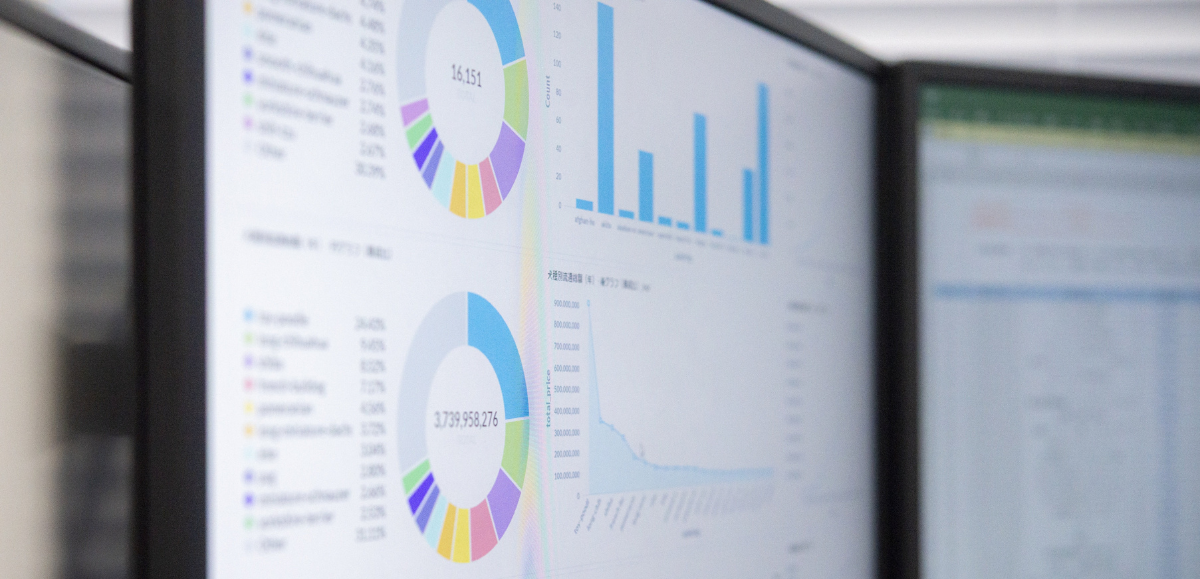
Explore how ESG data gathering and classification tackle corporate challenges and the benefits of using Synesgy to enhance data management
Sustainability data is rapidly becoming the cornerstone of modern business strategy, shaping decision-making, stakeholder engagement, and risk management.
For companies navigating the complex Environmental, Social, and Governance (ESG) landscape, the ability to collect, organize, and leverage sustainability data is essential for regulatory compliance and a driver of innovation and competitive advantage.
In this context, Synesgy, a global ESG Platform, offers unique insights and tools to help businesses streamline their sustainability data management.
In this talk with Synesgy’s Director, Simone Rampichini, we discuss the role of ESG data and the importance of data gathering and classification.
Why Sustainability Data Matters
Sustainability data holds transformative potential for businesses, extending beyond compliance to uncover strategic opportunities.
Simone Rampichini, Synesgy’s Director, explained, "Understanding sustainability data often serves as a revelation for companies. For instance, analyzing energy consumption can spark deeper inquiries about renewable energy usage or self-production capabilities."
These insights often lead to investments in sustainability measures, such as renewable energy, which reduce costs, enhance competitiveness, and improve resilience.
As a result, strong ESG practices create a ripple effect, stabilizing entire value chains and fostering stakeholder trust as reported by the 2023 PWC’s global investor survey.

Beyond internal applications, ESG data is a key consideration in supply chain evaluations.
Companies with robust ESG performance are often more reliable business partners, exhibiting greater financial stability and lower risk.
Challenges in ESG data gathering and classification
Despite its importance, managing sustainability data gathering and classification poses significant challenges for organizations.
Companies need to face several challenges, including:
- Defining Relevant Data: Determining which data points are essential for meaningful ESG reporting is not always straightforward, particularly for large companies.
- Regulatory and Privacy Concerns: Data collection across jurisdictions introduces complexities around compliance with local and global regulations.
- Fragmented Data Formats: Companies often receive data in inconsistent formats, such as spreadsheets or emails, complicating integration into centralized systems.
- Ongoing Maintenance: Sustainability data collection is an ongoing process that requires continuous updates and dedicated resources.
These challenges underscore the need for innovative solutions to streamline data management and ensure accuracy.
Synesgy: A Holistic Approach to Data Management
Synesgy’s platform is designed to address these challenges by providing a standardized, user-friendly solution for collecting, organizing, and utilizing sustainability data.
The platform simplifies ESG data gathering and classification through features like API integrations that automate data flows, ensuring consistency and reducing manual errors.
Pre-filled data fields, where applicable, further accelerate the process while maintaining user accountability.
Simone highlighted Synesgy’s integration capabilities, noting, "The platform connects directly to corporate systems, making sustainability data immediately available for decision-making or reporting processes".
This seamless integration has proven invaluable for companies managing complex supply chains, enabling them to maintain an up-to-date view of their entire value chain.
Ensuring Accuracy and Compliance
Data accuracy and regulatory compliance are critical for effective ESG reporting.
Synesgy addresses these priorities through robust verification processes, including:
- Automated Consistency Checks: Internal data is validated for coherence and compared against industry benchmarks to identify anomalies.
- Cross-Verification: User-reported data is cross-referenced with official records, such as filings with chambers of commerce, leveraging CRIF’s extensive business information database.
- Document Uploads: Supporting documents are reviewed by regional teams familiar with local regulations, ensuring thorough compliance and accuracy.
The structured approach adopted enhances data reliability and builds trust with stakeholders and regulators.
Synesgy’s Expanding Impact
With over 500,000 companies worldwide using its platform, Synesgy has solidified its leadership in the ESG sector by catering to diverse industries such as large corporations, SMEs, financial institutions, and government agencies highlighting an adoption rate that has grown exponentially, reflecting the platform’s ability to adapt to varied needs and contexts.

Its adaptable platform enables companies to streamline supplier management and reduces regulatory burdens while enhancing overall business sustainability performance.
Looking ahead, Synesgy plans to expand its capabilities with advanced API integrations for direct data collection, AI-driven tools to improve process efficiency, and increased collaboration with regulators to shape practical standards.
As Simone Rampichini emphasizes: “The ultimate aim is to position Synesgy as the global benchmark for sustainability, empowering businesses to confidently tackle the challenges of ESG management”.
By staying at the forefront of ESG innovation, Synesgy aims to empower businesses to navigate the complexities of sustainability management with confidence.
Practical Advice for Businesses
For companies still grappling with sustainability data management, Synesgy offers practical advice:
- Start Early: Data collection is a time-intensive process that benefits from a strategic, gradual approach.
- Leverage Technology: Synesgy can simplify the process and reduce the burden on internal teams.
- View Sustainability as an Investment: Investments in ESG are opportunities to enhance business resilience and competitiveness.
By adopting these strategies and leveraging Synesgy, organizations can transform sustainability challenges into strategic opportunities, driving long-term value and resilience in an evolving sustainable economy.



